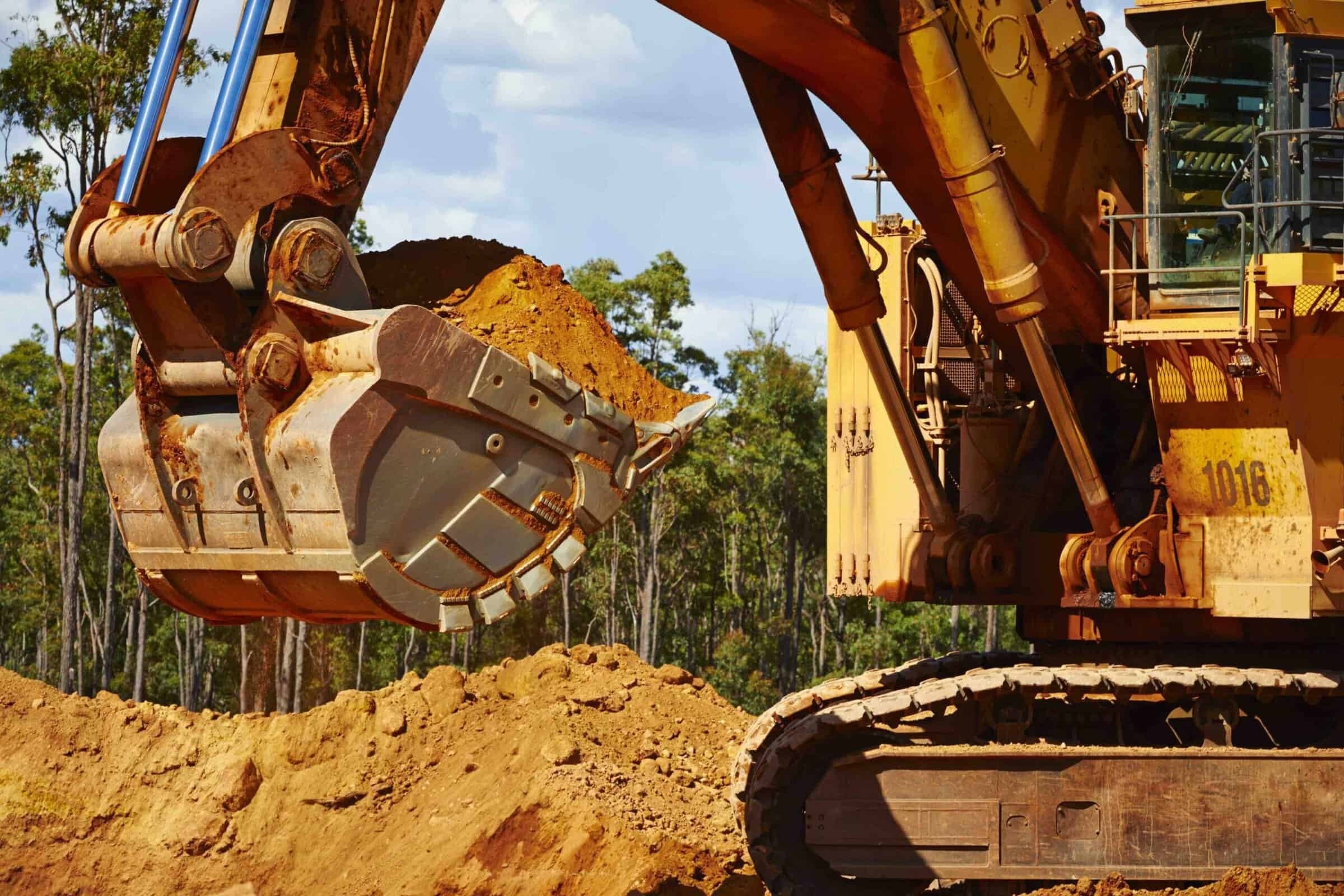您想继续阅读英文文章还
是切换到中文?
是切换到中文?

THINK ALUMINIUM THINK AL CIRCLE

Alcoa’s plan to expand its bauxite mining operations in Western Australia’s jarrah forest is undergoing detailed environmental review. A recent study by engineering consultancy GHD highlighted potential risks to Perth’s water supply while also recognising measures the company has proposed to mitigate them.

The research, commissioned by Alcoa in relation to its application to mine 67 sq km of forest, identified 22 potential pathways to dams serving the city's 2.3 million people. The key risks that were identified included sewage-borne pathogens, hydrocarbon contamination from oil spills, and turbidity due to erosion of soil, which might render water treatment plants ineffective.
Potential contamination of Perth's water supply
The government-owned Water Corporation has been warning about risks associated with mining close to reservoirs for years, with an estimated cost of USD 3.25 billion it might have to pay to upgrade treatment plants in case of contamination. The Serpentine Pipehead Dam, which contributes almost a fifth of Perth's drinking water, is particularly at risk, and potential effects would extend beyond 100,000 homes within hours.
Earlier this year, criticism of Alcoa's rehabilitation and water management practices grew, with government agencies under pressure due to concerns regarding contamination due to its mining presence. Green groups, such as the WA Forest Alliance, have demanded a ban on mining within 2 km of dams and an orderly withdrawal from water catchments to protect drinking water and preserve endangered forest ecosystems.
Also read: Alcoa delivers a steady ’24 dividend despite unforeseeable challenges
Alcoa's green policies under scrutiny
Alcoa, though, asserts it has been in WA for more than 60 years without affecting water quality. It has pointed out measures to mitigate, like buffer zones around reservoirs and enhanced drainage systems, that had minimised the risks to "rare" or "unlikely", as noted by GHD.
Alcoa has about 4,000 employees in the state and derives three-quarters of its worldwide bauxite output from WA, which is then processed into alumina at Pinjarra and Wagerup. It carries out community programmes to mitigate the environmental effect of its activities.
The WA Environmental Protection Authority is now considering Alcoa's bid, with a final decision due in 2026. The decision will consider both the environmental effects and economic significance of the USD 12 billion firm's activities for local residents.
Alcoa has increased efforts at community consultation, inviting public forums to emphasise its environmental policy and adherence to best practice in the industry. The argument continues to be balanced between WA's drinkable water versus the economic impact of Alcoa's mining activities.
To get live market update from industry expert, watch our upcoming webinar.
Responses








